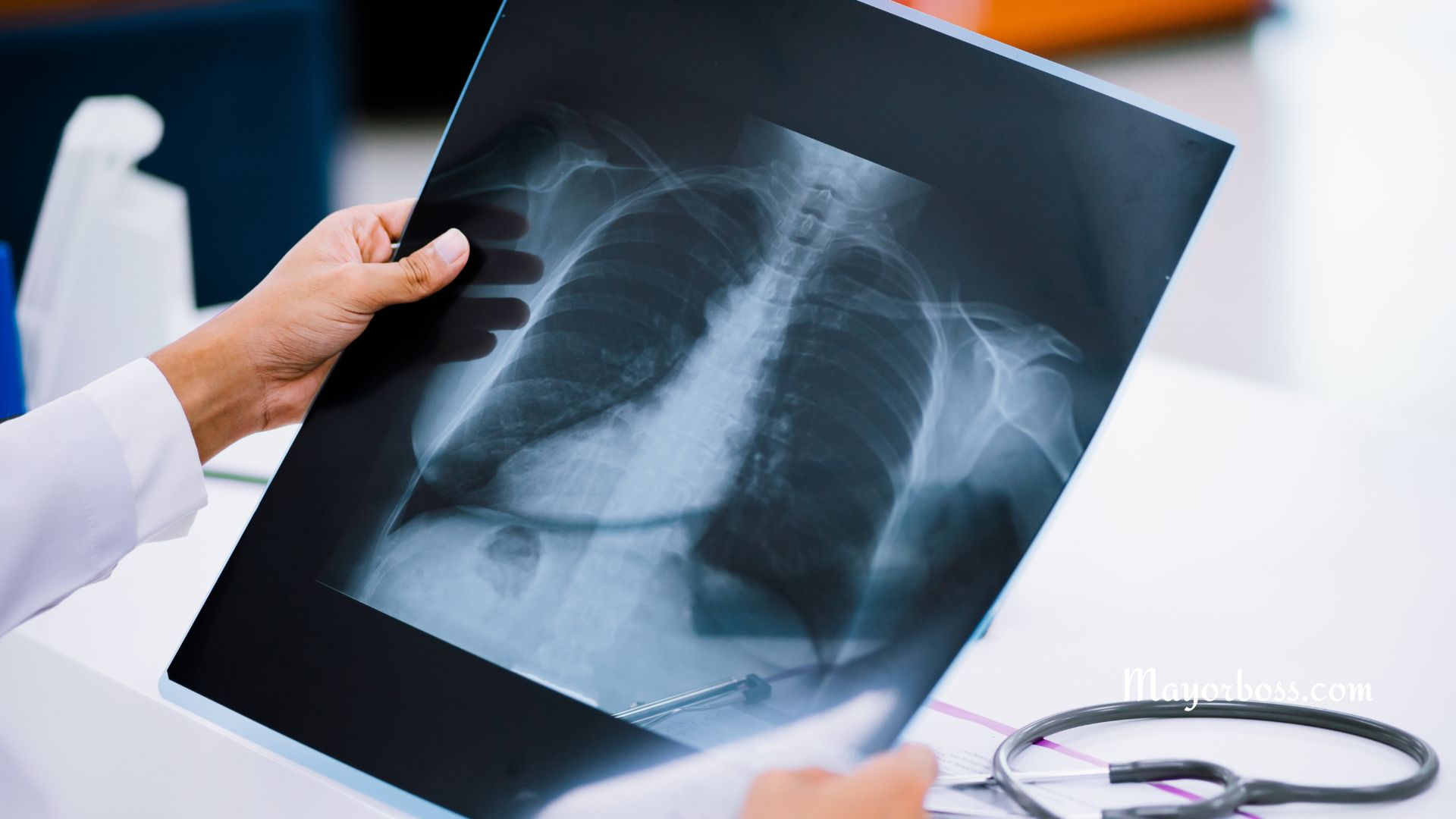It’s Different! Know the Difference Between Gastritis and GERD
Gastritis and GERD (Gastroesophageal Reflux Disease) are two conditions that affect your stomach and digestive system. While they may share some symptoms, such as heartburn or stomach pain, they are very different conditions. Gastritis is the inflammation of the stomach lining, and GERD is a chronic condition where stomach acid flows back into the esophagus.
What is Gastritis?
Gastritis is a condition where the lining of your stomach gets inflamed. This can happen for several reasons, like an infection or long-term use of certain medicines like pain relievers. Here’s what you need to know about gastritis:

Symptoms
If you have gastritis, you might feel:
- Stomach pain or discomfort
- Nausea or vomiting
- Loss of appetite
- Bloating
- Blood in vomit or stool
- Burping and farting
Causes
The causes of gastritis can include:
- Infections, such as a type of bacteria called H. pylori
- Long-term use of certain medications
- Excessive alcohol consumption
Treatment
Your doctor might suggest:
- Changing your diet to avoid spicy or acidic foods
- Taking medicines to reduce stomach acid
- Treating any infections if present
What is GERD?
GERD, or Gastroesophageal Reflux Disease, is a condition where the acid from your stomach flows back into your esophagus, causing discomfort. Here’s what you need to know about GERD:
Symptoms
If you have GERD, you might feel:
- Heartburn or a burning sensation in your chest
- A sour taste in your mouth
- Difficulty swallowing
- Chest pain
- Persistent cough or wheezing
- Sore throat and hoarseness
Causes
The causes of GERD can include:
- A weak muscle at the lower end of your esophagus
- Obesity
- Pregnancy
- Certain foods like chocolate, peppermint, and fried or fatty foods
Treatment
To help with GERD, your doctor might suggest:
- Eating smaller meals
- Avoiding certain foods
- Taking medicines to reduce stomach acid
- Surgery in severe cases
How Do Gastritis and GERD Differ?
While gastritis and GERD may seem similar, they are different in several ways:
- Location: Gastritis affects the stomach lining, while GERD affects the esophagus.
- Causes: Gastritis is often caused by infections or certain medications, while GERD is typically related to a weak muscle in the esophagus or certain lifestyle factors.
- Treatment: Treatment for gastritis may involve dietary changes and treating infections, while treatment for GERD often includes lifestyle changes and possibly surgery.
A table is a great way to highlight the differences and similarities between gastritis and GERD. Here’s a table that sums up what you need to know:
| Aspect | Weak muscle in the esophagus, obesity, certain foods | GERD |
|---|---|---|
| Symptoms | Stomach pain, nausea, loss of appetite, blood in vomit or stool, bloating, burping and farting | Burning sensation in your chest, sour taste, difficulty swallowing, persistent cough or wheezing, chest pain, sore throat, and hoarseness |
| Causes | Infections, medications, alcohol | Weak muscle in esophagus, obesity, certain foods |
| Location | Stomach lining | Diet changes, medicines, and possibly surgery |
| Treatment | Diet changes, medicines, treating infections | Diet changes, medicines, possibly surgery |
This table helps you see at a glance what sets gastritis and GERD apart. If you feel any of the symptoms mentioned, don’t hesitate to reach out to your healthcare provider for the right diagnosis and treatment.






